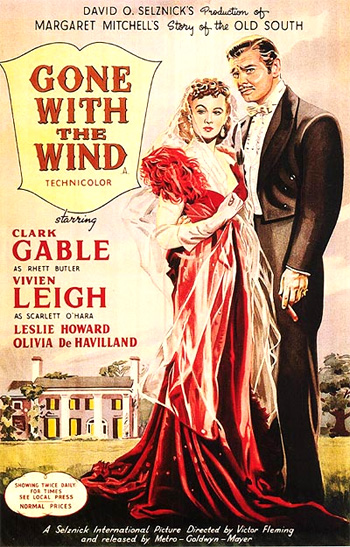Everyone who’s been through high school knows about Darwin and natural selection. It’s difficult to study how it works while we’re experiencing it, but we now have some idea of how natural selection is affecting humans.

Human evolution can seem like a phenomenon of the distant past which applies only to our ancestors living millions of years ago. But human evolution is ongoing. To evolve simply means that mutations — the accidental changes to genes that happen normally in the process of copying DNA — are becoming more or less common in the population over time.
These changes can happen by chance, because the individuals who reproduced happened to carry a particular mutation somewhat more often than individuals who didn’t have children. They can also happen because of natural selection, when carriers of a specific mutation are better able to survive, reproduce, or tend to their family members — and therefore leave more descendants. Every biological adaptation, from the ability of humans to walk upright on two feet to flight in birds, ultimately traces back to natural selection acting on these minute changes, generation after generation.
So humans are definitely still evolving. The question is whether we are still adapting: are individuals who carry harmful mutations living less long, reproducing less — ultimately leaving fewer descendants? For instance, terrible eyesight may have been a major survival disadvantage living on the savanna, but with glasses and laser surgery, it’s unlikely to prevent people from living a long life today. How commonly then are mutations under selection in contemporary humans?
[…]















